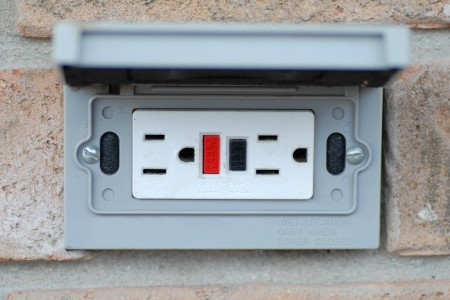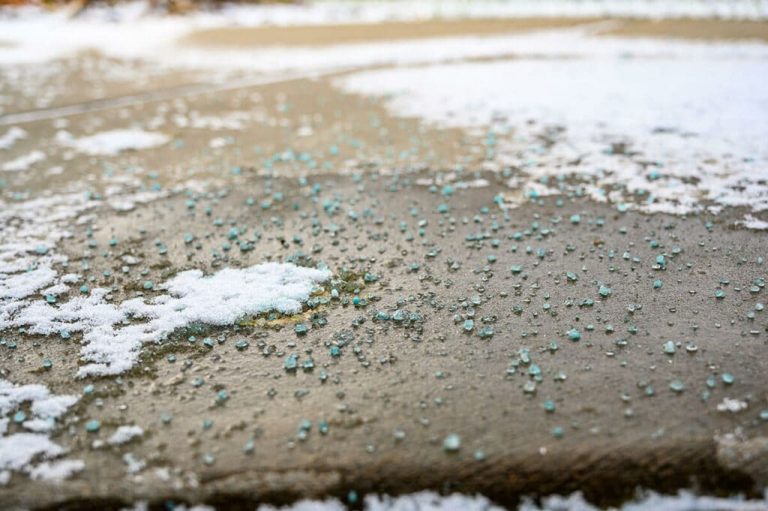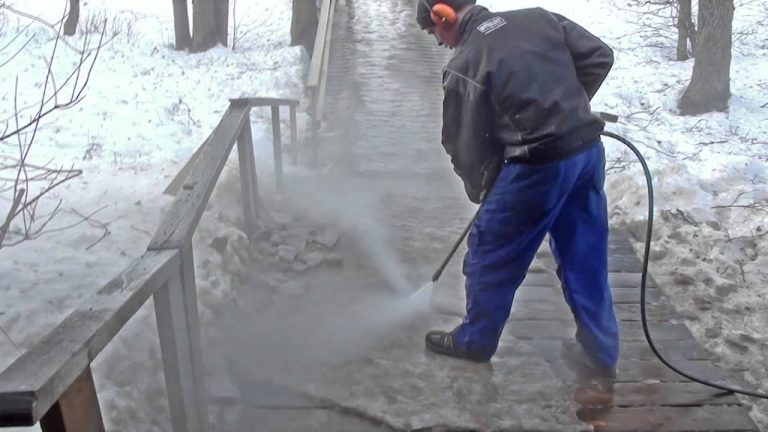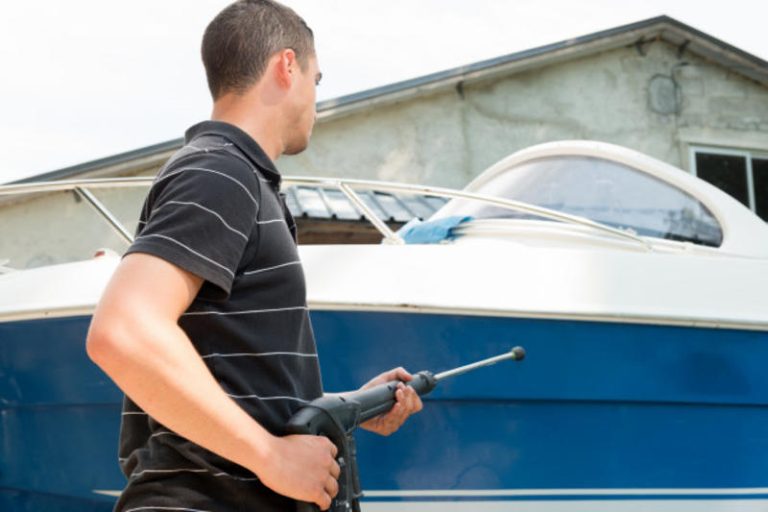
Pressure washing your home’s exterior can be a fast and satisfying way to clean grime, mildew, and dirt — but when you encounter outdoor electrical boxes, it’s only natural to pause. You might be wondering:
Is it safe to pressure wash near them without causing damage or risking a shock?
The short answer is: Yes, with the right precautions. ⚠️
While most outdoor electrical systems are designed to withstand weather and moisture, pressure washers operate with far greater force than rain or garden hoses. Misuse could force water into sensitive components, damage seals, or even create a hazardous situation.
In this article, we’ll walk you through the do’s and don’ts of safely pressure washing around outdoor electrical equipment. ⚡🚿
🔌 What Counts as Outdoor Electrical Equipment?
When we say “outdoor electrical boxes,” we’re referring to things like:
- Electrical meter boxes
- Breaker panels or service boxes
- HVAC disconnect boxes
- Outdoor outlets and GFCI receptacles
- Conduit and weatherproof switch boxes
- Security camera housings or intercoms
- Junction boxes for landscape lighting or irrigation
All of these are typically built to be weather resistant, but they are not pressure-proof. Even “weatherproof” boxes can fail under 2000–3000 PSI of water blasting directly at them. 💥
⚠️ Why Pressure Washing Around Electrical Boxes Can Be Risky
Here are the main risks involved when spraying around electrical components:
- 💧 Water intrusion: High-pressure water can force its way into seams, gaskets, and conduit openings.
- ⚡ Short circuits or electrical fires: Moisture can linger in outlets or fuse panels, potentially causing malfunctions.
- 🧯 Corrosion: If water sits inside metal boxes, it can corrode terminals and wires over time.
- ⚠️ Shock risk: If you’re using a corded electric pressure washer, it increases the danger when working around live systems.
✅ Best Practices for Pressure Washing Near Electrical Boxes
You don’t need to skip cleaning altogether — just follow these safety precautions:
1. Turn Off Power if Possible 🔌
If you’re working near a breaker panel or exposed connections, turn off the main power or at least the relevant circuit.
2. Cover Boxes with Plastic and Tape 🛡️
Use heavy-duty plastic bags and waterproof tape to shield boxes, outlets, and meters. Make sure the covering is tight and secure. You can also buy pressure-washer-safe covers online.
3. Keep a Safe Distance 🚫💦
Never spray directly at an electrical box. Maintain at least 3–4 feet of distance, and use a 40-degree nozzle for a wider, gentler spray.
4. Spray at a 45° Angle or Lower
Aim your spray downward and away from any entry points. Never spray directly into seams, vents, or under covers.
5. Check Seals and Caulking First 🔍
If there are any cracks, gaps, or broken gaskets, don’t pressure wash until these are repaired. Water can easily get inside compromised units.
6. Use Low PSI Settings
Stick to under 1500 PSI when you’re cleaning near anything electrical — and only use higher settings once you’re far enough away.
Browse Amazon Here For Top Rated Power Washers And Accessories
🧼 What to Clean Instead (Safely)
You can still clean the following nearby surfaces without risk if precautions are in place:
✅ House siding
✅ Brick or stucco walls
✅ Patios or walkways near the meter
✅ Fences or trim near outdoor outlets
Just remember to steer the spray away from the box, outlet, or wiring system.
🚫 What to Avoid at All Costs
❌ Do not spray directly at outlets or panels
❌ Don’t assume “weatherproof” means waterproof
❌ Avoid using a zero-degree (red) nozzle near any wiring
❌ Don’t use an extension wand to spray down onto electrical gear — you’ll lose control over direction
🧠 Bonus Tip: After You Finish
Once you’re done pressure washing near electrical boxes:
- Remove any coverings and inspect them for damage or water entry
- Let any wet boxes air dry completely before using outlets or breakers
- If you’re concerned water got in, contact a licensed electrician for an inspection just to be safe ⚡👷
🧯 What If You Accidentally Spray an Electrical Box?
Accidents happen! If you’ve hit a box or outlet with high-pressure spray:
- Turn off the power at the breaker if safe to do so
- Do not touch any wet electrical component
- Let it dry fully and monitor for signs of corrosion or electrical faults
- Call a professional if anything seems off or sparks occur
✅ Final Thoughts
Pressure washing is a powerful tool, but with power comes responsibility — especially around electricity. With just a little preparation and caution, you can clean thoroughly and safely without risking damage or danger. 💡🧼
As a rule of thumb: Treat electrical boxes with the same caution as a live wire — stay alert, stay distant, and shield everything properly. You’ll protect your equipment, your home, and yourself.
Browse Amazon Here For Top Rated Power Washers And Accessories






